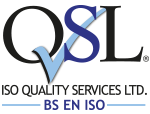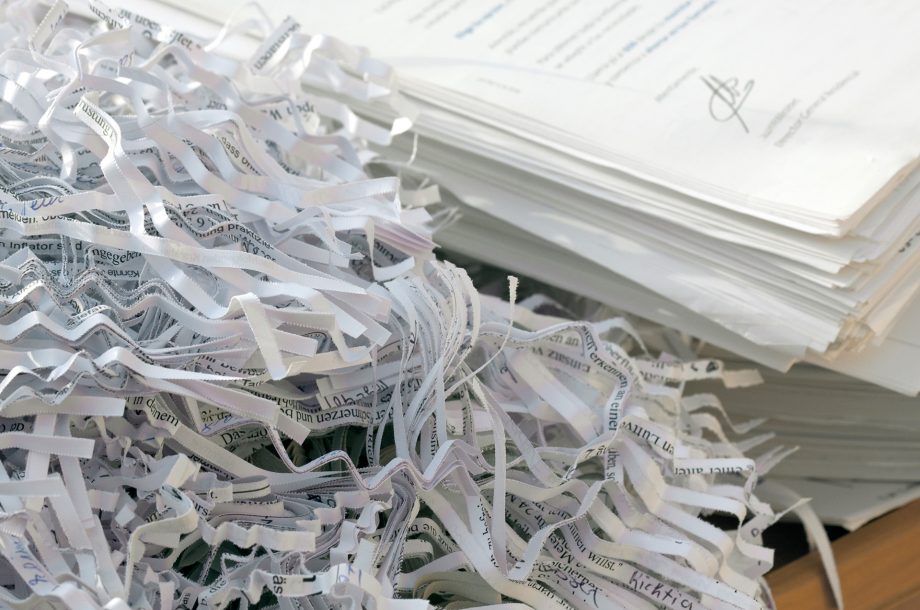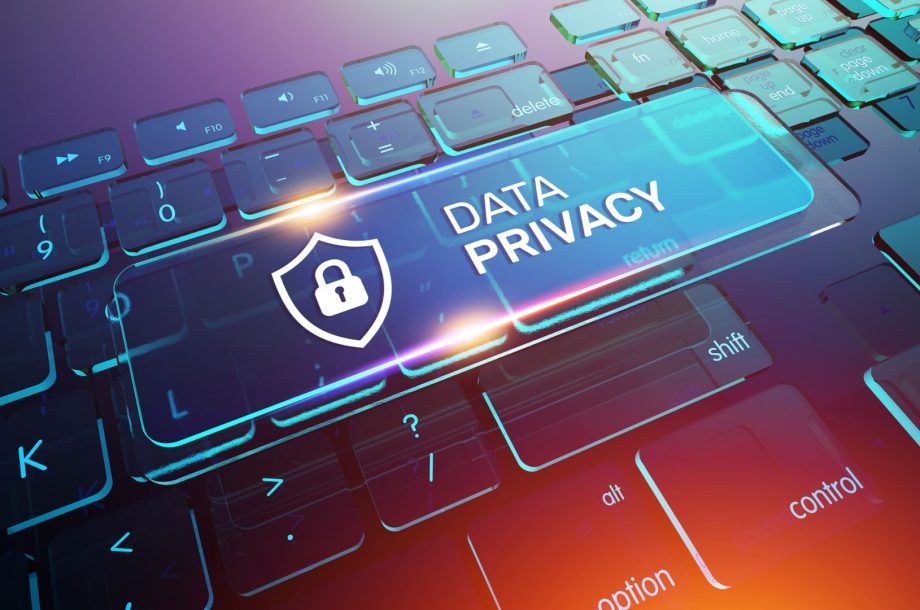How can a small business reduce it’s carbon footprint?
22 Aug, 2017
In one of our recent blogs, we focused on how environmentally friendly some of the corporate giants really are (see here). But how do SME’s compare?
Well, recent information from the Carbon Trust reveals that small businesses are largely in the dark about how to reduce their carbon footprint (and the significant financial savings that can be made in doing so). Further it revealed that they were unaware of the relatively small amount of effort required in doing so.
The Carbon Trust estimates that SMEs could save in the region of £400 million in energy costs and over 2.5 million tonnes of C02 by reducing their carbon footprint. Those are staggering figures and well worth SMEs sitting up and taking note.
But worryingly many SMEs do not regard energy efficiency in the work place as a key priority (finances, order fulfilment, employee issues, customer complaints and Brexit no doubt all creep higher up the list). Many SMEs do not have any plans in place to become more energy efficient.
We suspect that the reason that many SMEs dodge the issue of energy efficiency is because they mistakenly believe that implementing any efficiency measure will be time consuming, difficult and more importantly, costly.
However, there are significant small changes that can be made at a low cost that have a high impact – not just to your energy efficiency but crucially to your bottom line. Here we highlight some key things that can be implemented:
PEOPLE
- Implement a flexible working policy so that not all staff are on site at the same time;
- Try video conferencing long distance clients. It will save you travel time and costs and reduce your carbon footprint at the same time;
- Introduce a staff car sharing scheme. You could even introduce a reward scheme for staff that take this on;
- Introduce a cycle to work scheme https://www.cyclescheme.co.uk/ ;
- Encourage staff to turn off lights when not in use and to use power saving modes on equipment (incidentally, we recommend conducting an out of hours audit on your building. You will be surprised at what is left on when the building is closed for the weekend!) ;
- Consider implementing a paperless office. If that seems a stretch too far, try having a reduced print office where only very key documents are printed rather than every single e-mail for example.
BUILDING
- Invest in double glazing;
- Make sure your building is fully insulated including underfloor insulation – you will be surprised at what a difference this can make to your heating requirements in the winter;
- Install smart meters in your buildings to measure your energy use and ensure that you are getting accurate bills rather than estimates;
- Replace ageing light bulbs (particularly the old florescent strip lighting) with modern, energy efficient LED lights. Electricians have been going on about the benefits of these for years but uptake is still fairly low. Benefits of these lights include, they last longer (so you save money on replacements), they are more durable, they produce better quality lighting, they are safer and are highly energy efficient consuming up to 90% less energy than standard light bulbs;
- Consider putting all lights on timers to ensure that lights are not left on in rooms that are not in use;
- Place recycling bins in key areas of the office. We all recycle at home as a matter of course – we almost feel guilty if we don’t. But when it comes to the office, recycling seems to get forgotten. By placing bins in key areas like staff kitchens for example, you will be surprised at the amount of waste a building can produce that is recyclable.
PRODUCTS
- Switch to energy efficient technology. An inkjet printer can save you up to 50% per page over a laser printer as well as printing faster. A water heater in the staff kitchen can avoid the kettle being boiled countless times a day and making sure A+ rated appliances (like fridges) are in place can also help;
- Invest in refills rather than replacements for products such as print cartridges, pens and coffee;
- Switch to environmentally friendly cleaners rather than harsh chemicals where possible.
The key to all of the above is simple, small habit changes. As a rough guide, these could save you up to 1/3 on your energy costs as a result. Even if you are a sole trader, the some of the above are things that you can implement right from the start so that as you grow, energy efficiency is ingrained in your business processes.
So why not be one of the enlightened SME’s and start making some small changes today. If you implement any of the above, let us know how you get on and we promise to share your good news story with our readers.
If you are interested in going a step further and implementing a formal policy for reducing your environmental impact, have a chat with us about ISO 14001 Environmental Management System. Call ISO Quality Services Client Services team on 01905 670303.
ISO Quality Services Ltd are proud to specialise in the implementation and certification of the Internationally recognised ISO and BS EN Management Standards.
Do you want to get ahead of your competition? Win more tenders or save time and money on reoccurring issues? Contact us today on 0330 058 5551 or email info@isoqsltd.com.
Alternatively, you can request a quote by filling out our enquiry form and a member of our team will be in touch shortly.





